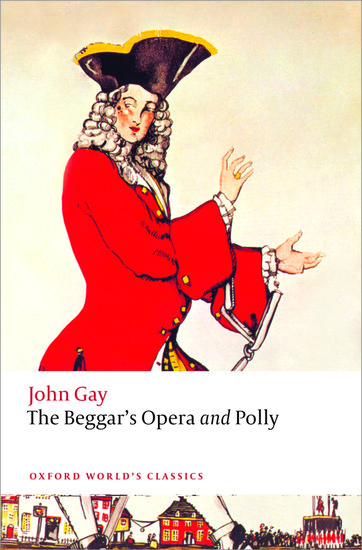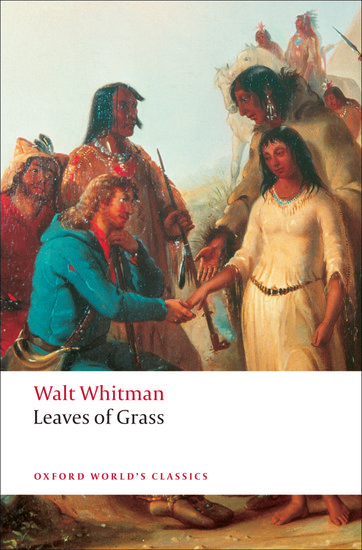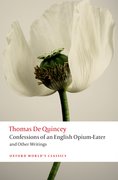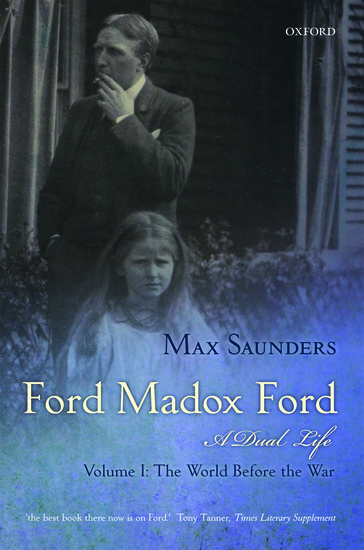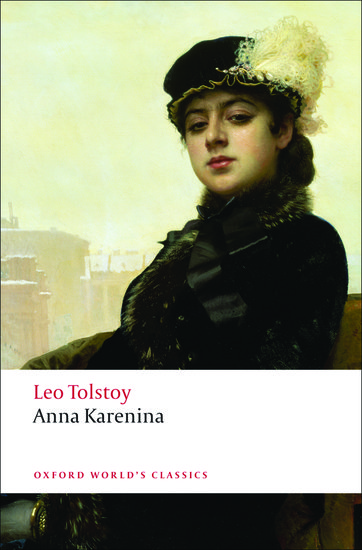James Fenimore Cooper: thoughts on a life
By John McWilliams
Cooper’s daunting, lifelong energies led him to venture down still other fictional paths, nominally imaginary but rendered realistic through trenchant social commentary. He experimented with unreliable first person narrative, with the biography of an inanimate object, with urban satire, with the beast fable (The Monikins), and with dystopian fiction (The Crater).


